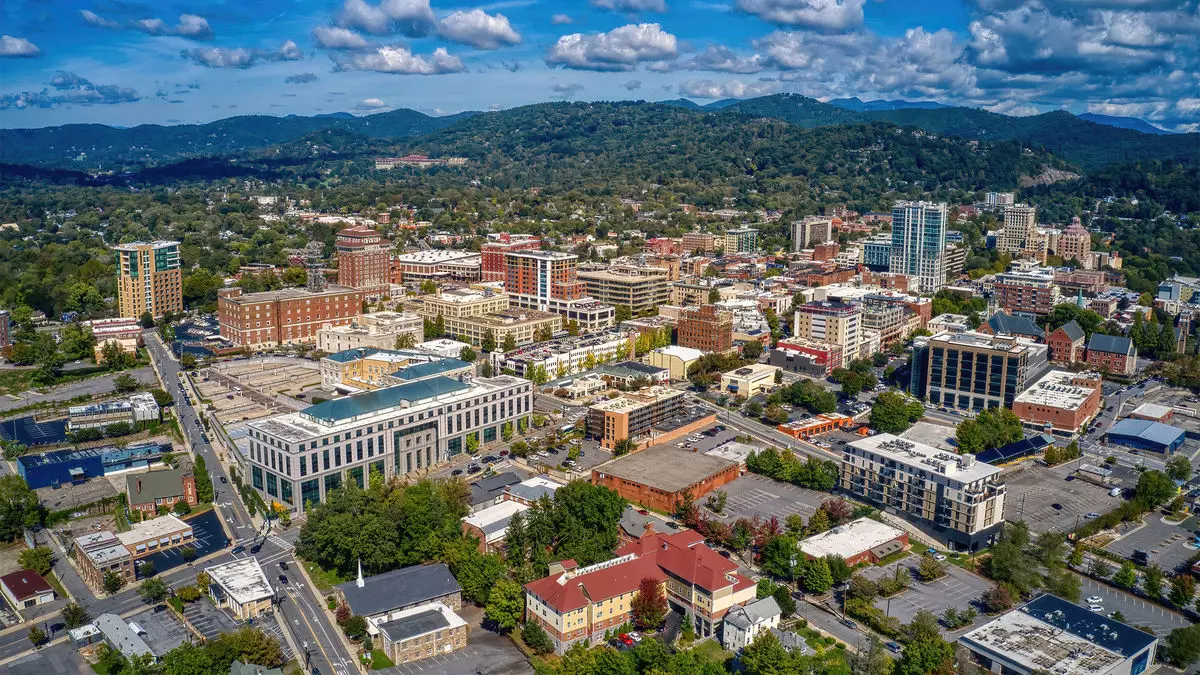The impact of Hurricane Helene has left a significant mark across North Carolina’s mountainous regions, prompting various authorities to issue urgent travel advisories for individuals considering visits to these areas. With the remnants of the storm still posing risks, visitors are being strongly encouraged to reconsider their travel plans until conditions stabilize. The situation is dire: extreme rainfall and powerful winds have led to a variety of hazards, including flash floods and landslides, making it inadvisable to venture into the mountains at this time.
Travelers attempting to reach accommodations in the region are facing potential complications. Visit North Carolina has explicitly advised that if individuals cannot connect with their travel providers, those providers are likely unavailable and plans should be postponed. This not only reflects the immediate concerns of safety but also illustrates the logistical challenges that arise in the aftermath of such natural disasters. Motorists are further warned to avoid travel in western North Carolina, where the likelihood of dangerous road conditions remains high.
In light of Hurricane Helene, several states, including North Carolina, Tennessee, and Virginia, have declared states of emergency. The Appalachian Trail, which offers some of the country’s most scenic hiking, is currently off-limits for many outdoor enthusiasts. The Appalachian Trail Conservancy has echoed the warnings, advising hikers to stay away from southern regions of the trail due to increased landslide risks and multiple road closures.
This emergency declaration underscores the collaborative efforts of state and local officials to ensure the safety of both residents and potential visitors. By taking preemptive measures, authorities aim to mitigate the risks associated with travel during these hazardous conditions.
The impending disaster has major repercussions for the hospitality sector in North Carolina, particularly in vibrant cities like Asheville. Several well-known hotels in the area, such as the Omni Grove Park Inn and the Grand Bohemian Asheville, have temporarily ceased operations due to safety concerns following the storm’s fury. The Omni Grove Park Inn specifically noted the absence of power and water services, prompting an immediate closure and halting new reservations for the foreseeable future. Similarly, other establishments like the Foundry Hotel and the Restoration Hotel Asheville are evaluating their situations and closures as they prioritize both guest and staff safety.
Social media has become an essential tool for these hotels, serving as a conduit for communicating updates to both patrons and staff. Initial posts express gratitude for support during these challenging times while also assuring followers that plans for recovery and reopening are underway. This reliance on digital communication highlights how the hospitality industry is adapting to immediate crises and maintaining customer relationships.
As North Carolina grapples with the aftermath of Hurricane Helene, the narrative isn’t solely one of devastation—it’s also about resilience and community spirit. Businesses and residents alike are coming together to support one another in recovery efforts. The emotional strength exhibited in social media messages from hotels and businesses reveals a commitment not only to recovery but also to rebuilding a stronger community.
Looking ahead, the needs of the local community will require attention as they process the impact of this natural disaster. Future travel to the region will hinge not only on the physical restoration of roads and facilities but also on maintaining an optimistic outlook for recovery efforts. Staying informed through official channels will be crucial as conditions evolve.
While Hurricane Helene may have caused significant disruption across North Carolina’s mountainous regions, the state’s resolve to recover and rebuild appears steadfast. Visitors are encouraged to heed warnings and exercise caution while the area works diligently to ensure that safety comes first. These collective efforts will eventually pave the way for the region’s return to its vibrant self, ready to welcome travelers once more.


Leave a Reply